October 2025: 1.24% (B grade)

Wisconsin inventionINDEX October 2025: 1.24% (B grade)
The inventionINDEX measures innovation output by comparing GDP growth with patent production growth.
Anything over C grade is positive sentiment; anything under C is negative outlook/sentiment. Using that sentiment, it is possible to observe trends over time, and also compare states/countries. In doing so, we can predict which states have the best chance to recover economically from the pandemic (or any other economic incident that may occur).
Wisconsin inventionINDEX Scores – Last 12 months
| Month | inventionINDEX Score |
| October 2025 | 1.24% |
| Sep 25 | 1.91% |
| Aug 25 | 1.51% |
| Jul 25 | 2.48% |
| Jun 25 | 1.48% |
| May 25 | 2.00% |
| Apr 25 | 2.01% |
| Mar 25 | 1.75% |
| Feb 25 | 1.41% |
| Jan 25 | 1.67% |
| Dec 24 | 1.98% |
| Nov 24 | 1.29% |
| Oct 24 | 2.14% |
The Wisconsin inventionINDEX for October 2025 stands at 1.24%, earning a ‘B’ grade. This score indicates a positive sentiment, though it is notably lower than the previous year’s average and underperforms the slight upward trend observed throughout the preceding 12 months. Analyzing the historical data, the current score reflects a dip compared to recent months, such as September 2025 (1.91%, A+) and July 2025 (2.48%, A+). This suggests a deceleration in innovation output relative to the immediate past, prompting a closer examination of underlying economic factors.
A higher inventionINDEX grade, particularly those in the ‘A’ range, signifies robust innovation output driven by a healthy comparison between GDP growth and patent production. Such strong performance often correlates with a dynamic economic environment, fostering job creation, technological advancements, and increased investment. States consistently achieving higher grades are better positioned for economic resilience and recovery during downturns, as innovation acts as a catalyst for new industries and market opportunities. It reflects a thriving ecosystem where research and development efforts are translating into tangible economic benefits.
Conversely, a lower inventionINDEX score, especially those falling below a ‘C’ grade, carries negative implications for economic outlook. Scores like the ‘F’ grades seen in June 2023 (-0.53%) and July 2022 (-0.56%) indicate a contraction in innovation relative to economic growth. This can signal a slowdown in patent activity, potentially due to reduced investment in research and development, economic uncertainties, or other factors that hinder inventive output. A sustained period of lower scores could lead to diminished economic competitiveness and a slower pace of recovery from economic incidents.
Observing trends over time, the Wisconsin inventionINDEX has experienced fluctuations, with periods of strong ‘A+’ ratings interspersed with ‘B’ and ‘A-‘ grades. While October 2025’s ‘B’ grade is positive, its position below recent averages and the year’s upward trend suggests a need to monitor the factors influencing innovation. The document notes that lingering consequences from the pandemic, such as company closures, reduced workforces, and limited R&D capabilities, may still be impacting current operations, highlighting the complex interplay between innovation and broader economic health.
Discussion:
In October, the Wisconsin inventionINDEX scored a positive sentiment which was lower than the previous year’s average and underperformed the upward trend for the year. This is similar to the prior 12 months, which experienced a slight upward trend.
As the economy continues to stabilize in the post-pandemic era, it remains uncertain whether any backlog of applications still exists or if the department has returned to normal processing timelines. The inventionINDEX could also be affected by lingering consequences from the pandemic, such as company closures, reduced workforces, and limited R&D capabilities, which may still be impacting current operations.
Learn More:
Are you thinking of patenting any of your bright ideas? Did you know your research work could be eligible for the R&D Tax Credit and you can receive up to 14% back on your expenses? To find out more, please check out our free online eligibility test.
Swanson Reed’s Wisconsin office provides R&D tax credit consulting and advisory services to Milwaukee, Madison, Green Bay, Kenosha, Racine, Appleton, Waukesha, Eau Claire, Oshkosh, and Janesville.
Feel free to book a quick teleconference with one of R&D tax specialists if you would like to learn more about R&D tax credit opportunities.
Who We Are:
Swanson Reed is the largest Specialist R&D tax credit advisory firm in the United States. With offices nationwide, we are one of the only firms globally to exclusively provide R&D tax credit consulting services to our clients. We have been exclusively providing R&D tax credit claim preparation and audit compliance solutions for over 30 years.
Swanson Reed hosts daily free webinars and provides free IRS CE and CPE credits for CPAs. For more information please visit us at www.swansonreed.com/free-webinars or contact your usual Swanson Reed representative.
What is the R&D Tax Credit?
The Research & Experimentation Tax Credit (or R&D Tax Credit), is a general business tax credit under Internal Revenue Code section 41 for companies that incur research and development (R&D) costs in the United States. The credits are a tax incentive for performing qualified research in the United States, resulting in a credit to a tax return. For the first three years of R&D claims, 6% of the total qualified research expenses (QRE) form the gross credit. In the 4th year of claims and beyond, a base amount is calculated, and an adjusted expense line is multiplied times 14%. Click here to learn more.
R&D Tax Credit Preparation Services
Swanson Reed is one of the only companies in the United States to exclusively focus on R&D tax credit preparation. Swanson Reed provides state and federal R&D tax credit preparation and audit services to all 50 states.
If you have any questions or need further assistance, please call or email our CEO, Damian Smyth on (800) 986-4725.
Feel free to book a quick teleconference with one of our national R&D tax credit specialists at a time that is convenient for you.
R&D Tax Credit Audit Advisory Services
creditARMOR is a sophisticated R&D tax credit insurance and AI-driven risk management platform. It mitigates audit exposure by covering defense expenses, including CPA, tax attorney, and specialist consultant fees—delivering robust, compliant support for R&D credit claims. Click here for more information about R&D tax credit management and implementation.
Our Fees
Swanson Reed offers R&D tax credit preparation and audit services at our hourly rates of between $195 – $395 per hour. We are also able offer fixed fees and success fees in special circumstances. Learn more at https://www.swansonreed.com/about-us/research-tax-credit-consulting/our-fees/
Choose your state













